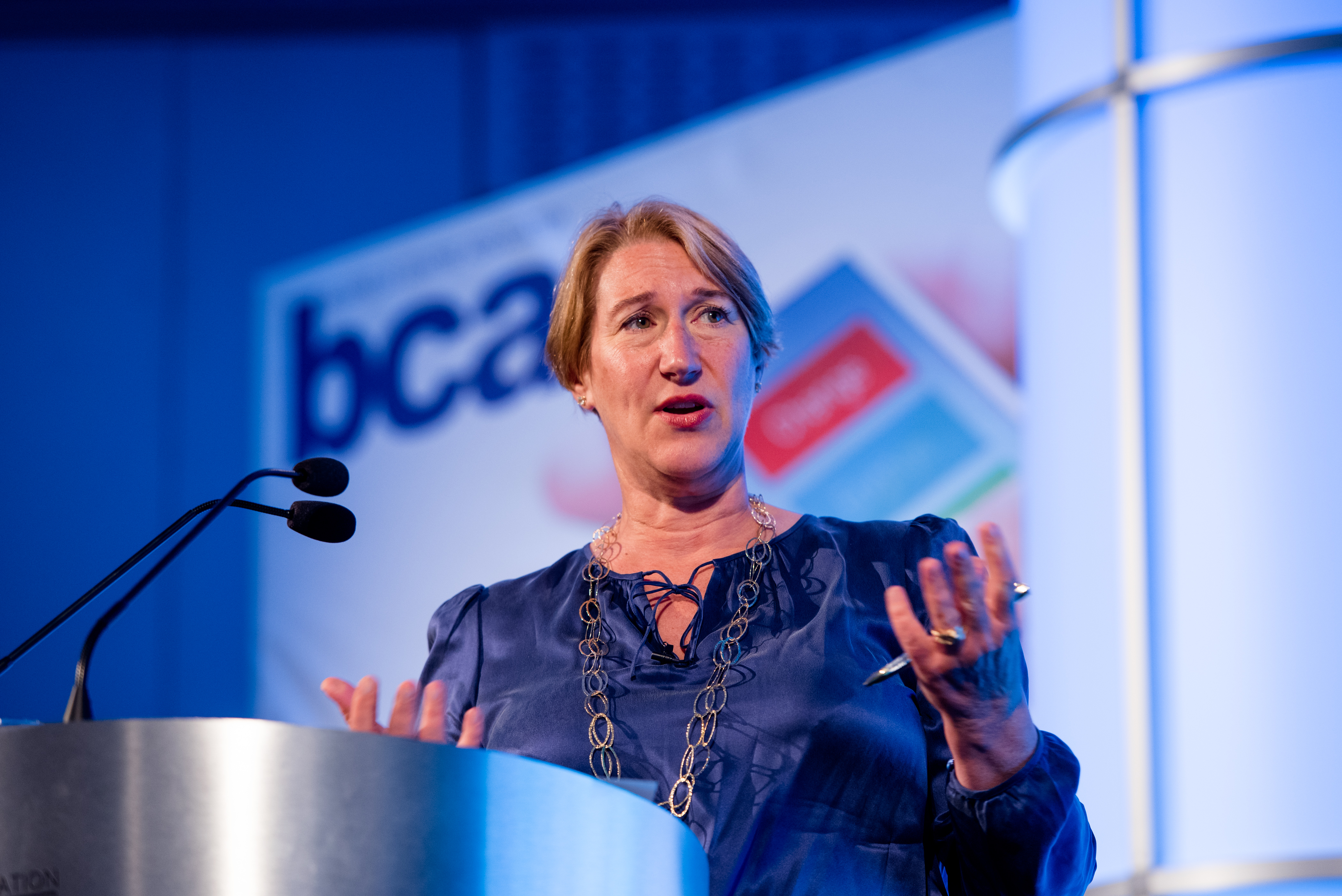Diversify or die, that was the message given to the flexible space sector yesterday at the Business Centre Association Annual Conference. As an industry contributing £2.5bn to UK Plc per annum, it is a fast growing sector of the economy, but operators were warned not to rest on their laurels.
The flexible space sector provides a home to many thousands of the UK’s fastest growing companies. With the pace of technology driving changes to working practices, the sector faces increasing competition from global locations. New research due to be published later this month shows growth of 32% in the industry based on turnover from 2013-2014 with an average £7.7bn contribution to GPD.
Dave Coplin of Microsoft highlighted the need to think about the outcome of work, not the process. We can use the technology we have better and more efficiently by using it exclusively and intelligently. This is where the flexible space sector has gained pace in recent years. He commented:
“We need to understand when it’s time to put the technology away and engage in real human interaction. Because of this people need a range of workspaces – collaborative environments to engage with others and quiet space to get on with work.”
Allyson Stewart-Allen of International Marketing Partners Ltd. argued that business centres are like any other product line and need to take risks not simply to respond to the demands of customers but to guide and shape that demand.
Chuka Ummuna MP, Former Shadow Secretary of State for Business and himself a business centre customer, paid tribute to UK business centres, their customers and the contribution they make to the economy. He also laid bare his commitment to remaining in Europe citing the need to ensure all businesses can compete against Paris, Berlin and Milan in an increasingly hot market.
Steve Jude, CEO of serviced office provider Citibase, said:
“We are undoubtedly seeing a flexible real estate revolution. According to recent research published by Cushman & Wakefield, 8% of all global office space take-up is now flexible. We would like to see this figure rise to 25% over the coming years, driven by the growth in the number of SMEs requiring flexible space, technological advances, and occupiers of all sizes shunning traditional long-term leases in favour of shorter term agreements. For most serviced office operators looking to take advantage of this trend, success will depend on their ability to support building owners in delivering and operating space for the SMEs of the new economy.”
Jennifer Brooke, Executive Director of the BCA commented:
“The flexible space sector is flourishing, new operators are entering the market, pushing the industry as a whole to innovate. As the sector continues to mature, increasing numbers of corporates are using the flexible space option and operators are now being actively sought by prop cos and landlords with an anticipated 10% expansion in the sector over the next 5 years.”



 Dr. Gleb Tsipursky – The Office Whisperer
Dr. Gleb Tsipursky – The Office Whisperer Nirit Cohen – WorkFutures
Nirit Cohen – WorkFutures Angela Howard – Culture Expert
Angela Howard – Culture Expert Drew Jones – Design & Innovation
Drew Jones – Design & Innovation Jonathan Price – CRE & Flex Expert
Jonathan Price – CRE & Flex Expert












